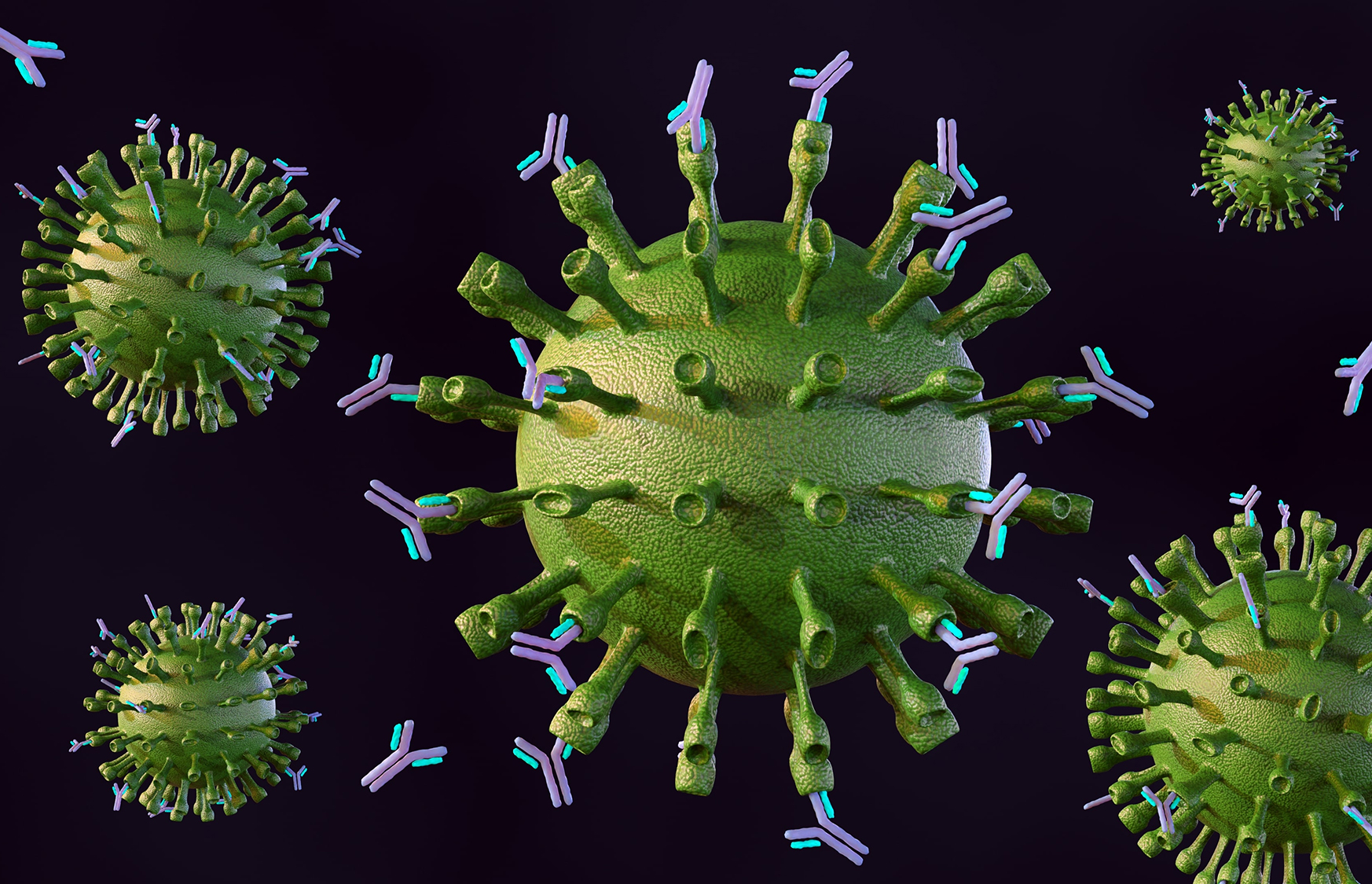Early results from a Phase I clinical trial of AT101, a new CAR T cell therapy that uses a distinct binding mechanism to target CD19, show a 100% complete response rate at the higher dose levels studied in the trial, according to researchers from the Perelman School of Medicine and Penn Medicine’s Abramson Cancer Center. The findings are published in Molecular Cancer and presented at the 65th American Society of Hematology (ASH) Annual Meeting and Exposition.
CAR T cell therapy has revolutionized treatment for many people with blood cancers who had run out of other treatment options. While some patients experience long-term responses to CAR T cell therapy, it doesn’t work–or the cancer eventually returns–for others. The CD19 CAR T cell therapies that are currently approved all target CD19 through the same epitope. To try and make CD19 CAR T cell therapy more effective for more patients, Marco Ruella, an assistant professor of hematology-oncology and scientific director of the Lymphoma Program, and his research team, along with the Korean company AbClon Inc, co-developed a CAR T product (AT101), using cells originating from the same patient, that targets CD19 through a different epitope, located closer to the cell membrane, via a novel antibody.
The Phase I first-in-human clinical trial was conducted in South Korea and enrolled 12 patients with relapsed or refractory B cell non-Hodgkin’s lymphoma (NHL).
“We’ve learned that the way you design your CAR really matters. Designing a different CAR might drastically change the way the T cells work, potentially allowing that CAR T cell product to work where other CAR T cell products have failed,” Ruella says. “We were not expecting such a drastic early difference in this study. The CART19 products that are already FDA-approved are very effective, and it’s not easy to do better. While there is not a randomized trial of this product yet, the initial results seem very promising, and we look forward to moving into the planned Phase II portion of the study.”
Read more at Penn Medicine News.








